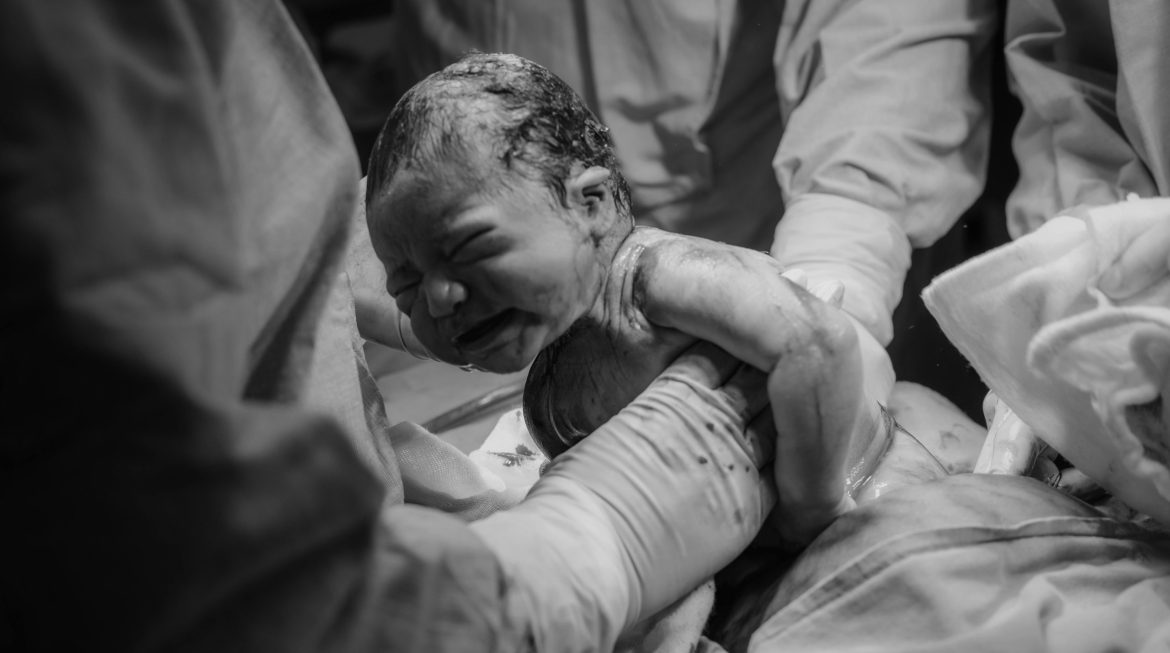UNDERSTANDING ANTI-HYPERTENSIVE MEDICATIONS AND NURSING IMPLICATIONS
Hypertension, or high blood pressure, is a common condition that often requires lifelong management. As nurses, understanding antihypertensive medications and their implications for patient care is essential. These medications play a critical role in controlling blood pressure, preventing complications, and improving patients’ overall quality of life. This guide will cover key classes of antihypertensive medications, their mechanisms of action, nursing considerations, and practical tips for ensuring effective patient education and safety. 1. Overview of Antihypertensive Medications Antihypertensive medications are used to lower and control high blood pressure, helping to reduce the risk of cardiovascular complications such as stroke, heart attack, and …
ANXIETY, DEPRESSION, AND SUBSTANCE ABUSE: NCLEX ESSENTIALS
Anxiety, depression, and substance abuse are critical mental health topics on the NCLEX and play a significant role in nursing care. Recognizing symptoms, understanding treatment approaches, and knowing how to respond are essential skills for nurses, as they are often on the front line of mental health care. In this guide, we’ll explore what you need to know about anxiety, depression, and substance abuse, focusing on the essentials that can help you provide informed, compassionate care. 1. Anxiety Disorders: Understanding and Care Anxiety disorders are among the most common mental health conditions, with symptoms ranging from mild worry to severe panic …
MENTAL HEALTH: THERAPEUTIC COMMUNICATION TECHNIQUES
Therapeutic communication in mental health involves intentional interactions that promote emotional healing, understanding, and a sense of security in patients. Unlike everyday conversation, therapeutic communication requires deliberate strategies tailored to individual patients, taking into account factors such as their mental health status, emotional state, and cultural background. By applying these techniques, nurses create a safe and supportive environment that encourages patients to share openly and honestly, facilitating better assessment, diagnosis, and treatment. Key Therapeutic Communication Techniques 1. Active Listening Active listening is foundational in therapeutic communication. It goes beyond hearing words; it involves truly understanding the patient’s message, both verbally and …
NEONATAL CARE: APGAR SCORING AND COMMON COMPLICATIONS.
Neonatal care is a critical part of ensuring the health and safety of newborns. This phase encompasses thorough assessments immediately after birth to monitor adaptation to life outside the womb. One widely recognized assessment tool in neonatal care is the APGAR score, which helps healthcare professionals quickly assess a newborn’s overall condition. In addition, understanding common neonatal complications enables caregivers and medical staff to respond promptly to any immediate concerns. This post will provide an in-depth look at APGAR scoring, common complications, and interventions essential to neonatal care. 1. What is APGAR Scoring? The APGAR score, developed by Dr. Virginia Apgar …







